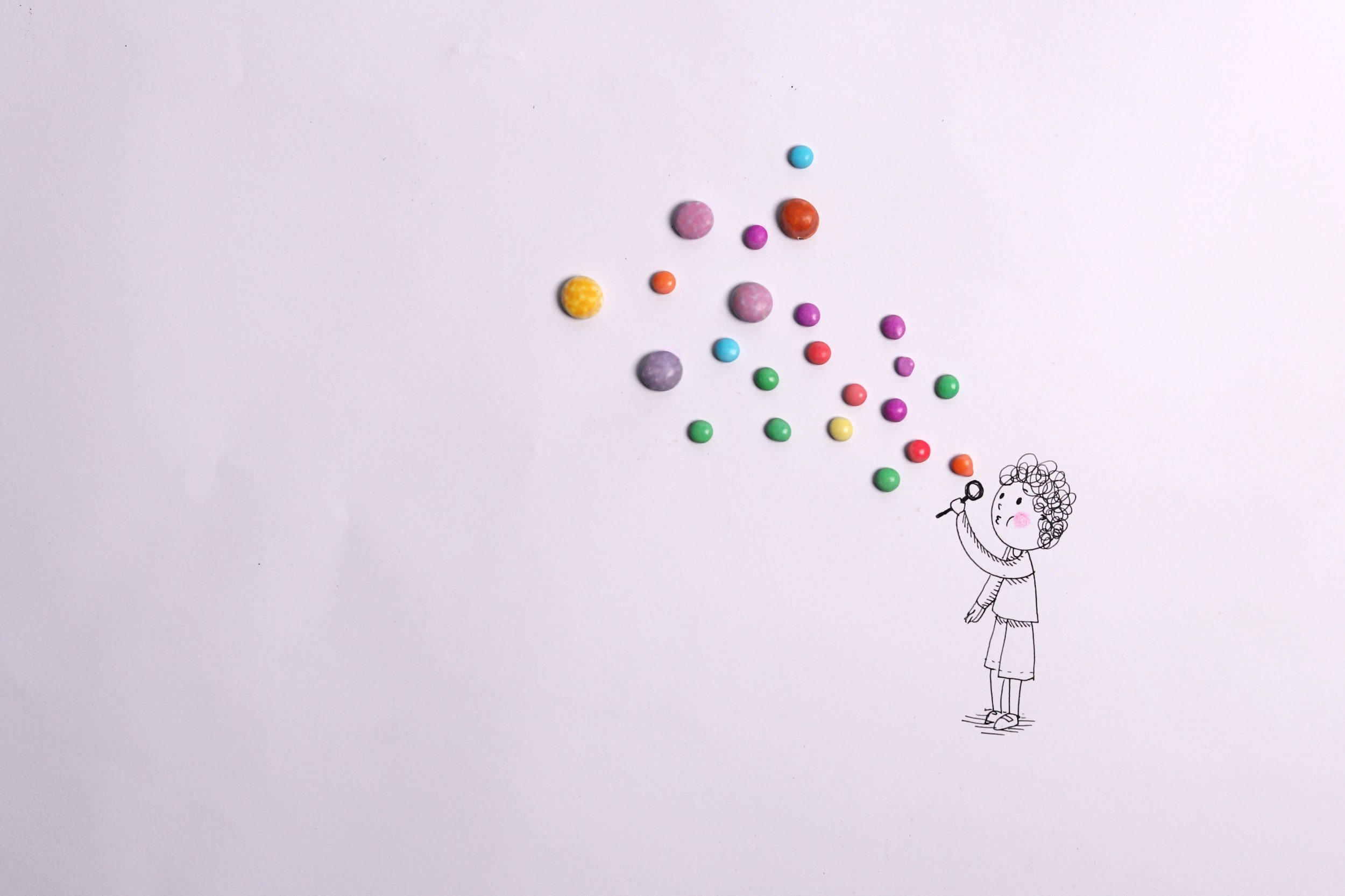Insight out of insecurity, part 1
“Just be yourself.”
These were the simple words of advice that one of my beloved meditation teachers gave me over a decade ago. At the time, the advice to “just be yourself” sounded like a cryptic message, a zen koan. It would be over a decade later that I would begin to appreciate and live into those profoundly practical words.
Nirvana or bust!
I met with Buddha’s teachings and began trying to meditate, often haphazardly and inconsistently, since the age of 11 years old. At the time my teacher was the late Thich Nhat Hanh. I came to love the teachings, the people and the culture around the communities. I have lived, studied and practiced in Buddhist communities and colleges for over two decades. It was a much needed time that was healing, transformative and focussed on being in loving service to all beings.
Trouble was, I rarely felt nor acted with loving kindness towards myself. I hadn’t realised that all living beings also included me until now. To my credit, I was very sincere and tried my best to be of service and bring loving kindness to all areas of my life and work. However, it didn’t often feel peaceful, easeful let alone enjoyable. It felt like hard work that had to be sustained otherwise I would slip back into unhelpful and selfish ways of thinking and behaving. A way to keep that in check was lashings of guilt and self-reproach for being such a failure. It was, paradoxically, an intense experience to say the least!
An innocent misunderstanding with detrimental outcomes.
At the time I had, unknowingly, harboured a misunderstanding about who I am and my immense spiritual potential. Despite numerous encouragement to be kind on myself and others, I didn’t get the memo on being tender and loving towards myself. At the time, I was running on a conditioned program, an underlying misunderstanding that I wasn’t even aware of. No matter how hard I tried to ‘get it’, being gentle on myself didn’t fully land.
Until recently, I felt that I was not worthy of receiving loving kindness nor show tenderness towards myself. I’ve come to see that it’s not an uncommon occurrence amongst many people that I have met.
Consequently, I constantly outsourced to outer things to validate myself, whether that was to other people, shopping, overeating, watching lots of TV, surfing for hours on the net, social media, and being the first in line to attend the latest blockbuster movie. At the time my self worth was predicated on how many people attended my classes and training programmes, how long I could ‘meditate’ for, how hard I studied, how clever I was. I was also seeking praise and affirmation from others and avoiding any criticism to the contrary. In short, I was inwardly insecure whilst projecting an air of assured confidence on the outside. There was a big disparity between my inner and outer life. That tension was very stressful and became detrimental to my physical health and emotional wellbeing. Also knowing that I was not alone in this struggle didn’t make it any easier.
What I’ve come to see is that insecurity is a shared human experience. It comes from an innocent misunderstanding of who we are and what we’ve got going for us. I see that showing up, in various guises, in almost everyone I have met and spoken to in nearly 30 years as an educator and physician; even spiritual practitioners are not immune to that. That’s a whole lot of insecure people, including myself, who outsource their love and wellbeing to external objects, not realising those qualities are essentially who we are. I believe that the current epidemic of ill health, mental sickness and social polarisation stems from this underlying insecurity arising from an innocent, yet pervasive misunderstanding of our spiritual nature and limitless potential.
Hang on in there because, thankfully, there is real hope to follow.
In part 2 of this article I shall share a simple yet profoundly practical understanding for overcoming insecurity.


